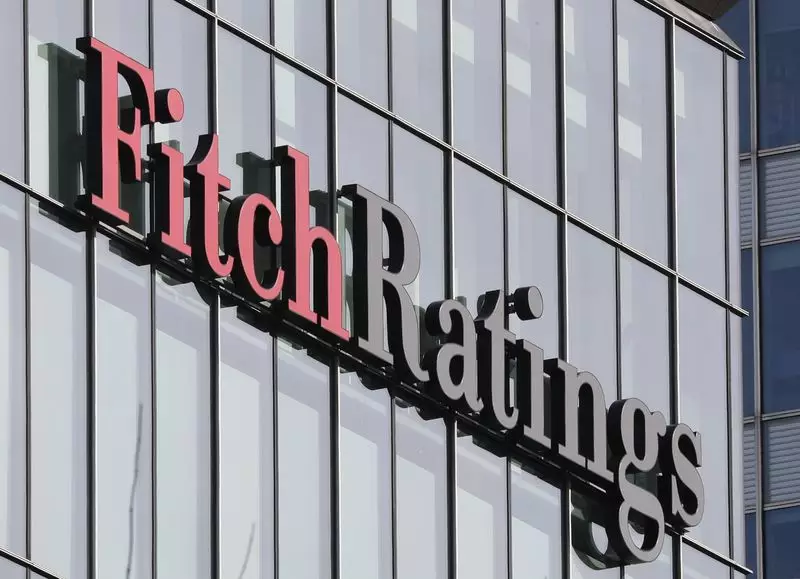In a noteworthy shift, Fitch Ratings has upgraded its outlook for Hungary’s economy from “negative” to “stable,” indicating increased confidence in the nation’s financial health. This revision is largely attributed to the successful alignment between fiscal and monetary policies, which has led to a noticeable decrease in macroeconomic imbalances. Fitch highlighted the decisive actions taken by the National Bank of Hungary (MNB) in maintaining a stringent monetary policy, along with efforts from the government to curtail the primary deficit throughout 2023. Such alignment suggests a promising trajectory toward economic stability, which is crucial for attracting both domestic and foreign investment.
Hungary faced alarming inflation rates last year, the highest in the European Union, posing substantial challenges to its economy. However, recent statements from Hungary’s Economy Minister suggest that the country has turned a corner in this regard, with inflation trends now moving closer to the central bank’s objectives. The stabilization of prices is pivotal, as persistent inflation can erode purchasing power and consumer confidence, thereby undermining economic growth. Fitch’s optimism is reflected in its forecasts, projecting a gradual recovery of Hungary’s economy, spurred by an anticipated uptick in private consumption, investments, and exports.
As part of its financial strategy, the Hungarian government, led by Prime Minister Viktor Orban, has been proactive in addressing budgetary concerns. In a recent move, Finance Minister Mihaly Varga presented the 2025 budget to parliament, despite criticisms from the budget watchdog regarding potential revenue shortfalls and insufficient reserves. The government aims to decrease the fiscal deficit from the current target of 4.5% of GDP to 3.7% by 2025, signaling a commitment to fiscal responsibility while also aiming for economic growth.
Fitch anticipates that lower interest expenditures will contribute to a decline in the fiscal deficit, forecasting figures of 4.2% in 2025 and dropping further to 3.7% the following year. Effective management of public finances will be essential to reassure investors and bolster confidence in the country’s economic prospects.
Leading into the 2026 parliamentary elections, Orban’s government is prioritizing tax benefits for families and offering additional pension provisions to secure support from critical voter demographics. This approach not only seeks to alleviate immediate economic pressures on households but also aims to enhance the government’s popularity ahead of elections. However, such fiscal commitments must be managed carefully to avoid exacerbating budget deficits, especially when future revenues may be uncertain.
While the government projects a 3.4% recovery in economic growth for 2025, experts from the Fiscal Council have expressed skepticism about this optimistic forecast, suggesting that challenges remain that could hinder this growth momentum.
While Fitch Ratings has recognized meaningful strides toward stabilization in Hungary’s economy, the interplay between sustained inflation management, public policy, and electoral strategies will be pivotal in navigating the complexities of the economic landscape ahead.

